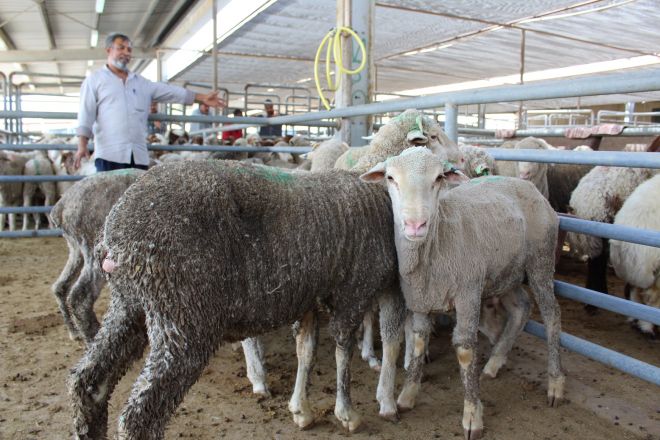News

Livestock Shipping Services (LSS) Non-compliance highlights systems are working in Jordan
During this year’s Eid Al Adha Livestock Shipping Services (LSS) was made aware of an Exporter Supply Chain Assurance System (ESCAS) non-compliance that related to Australian sheep leaving approved supply chain facilities.
LSS became aware of a loss of control within the Jordan sheep supply chain on Tuesday 28 July, 3 days prior to the beginning of Eid Al Adha and immediately self-reported the ESCAS non-compliance to the Commonwealth Department of Agriculture, Water and the Environment (DAWE) as required under the ESCAS guidelines.
Initial investigations identified one offending facility that sold sheep outside of the LSS approved supply chain, in blatant disregard of their ESCAS obligations. LSS have permanently removed the offending facility from the supply chain with no opportunity to be ever re-added.
Jordan is a traditional trader market where livestock are sold through traders and the local people value the ability to select their own animals especially during the cultural celebration with their families. Local advice in the market suggests there was an increased demand during COVID-19 with people very conscious and fearful about food security. Traditional practices in these markets centre around people seeing a fit and healthy animal before being processed and prepared for consumption.
LSS has been exporting sheep to the Middle East since 1998 and is an important market for sheep producers in Australia. Since 2015 LSS has been involved in two non-compliance investigations in Jordan, as well as the current self-report. Delivery of consignments in 2020 has been critical for food security, especially with reduced airfreight delivery of chilled and frozen food arriving during COVID-19.
The festival period does increase risks of ESCAS non-compliance around critical control points of traceability (leakage from approved facilities) and poor animal handling. It becomes difficult when Australian animals are sold alongside local livestock and livestock imported from other countries as there can be different standards for people to adhere to. As such, LSS has developed a large closed loop supply chain to mitigate ESCAS risks to reduce the number of animals sold through traditional markets regardless of cultural consumer demand.
When using trader facilities LSS conducts a rigorous Eid management plan and always reinforces the obligations for Australian animals under ESCAS. Mitigations include reducing numbers to individual traders, contracts with traders and training of animal handlers. Due to COVID-19 restrictions Australian staff that normally travel overseas to oversee compliance prior to and during the Eid festival were not present this year.
“Jordan has embraced ESCAS and made significant improvements in animal welfare practice. It is disheartening that the opportunistic and desperate actions of one has tarnished the good work and compliance of all other supply chain partners” said the LSS ESCAS Manager.
The early identification, rectification and self-reporting of the non-compliance highlights our processes and systems are working. We strongly believe we have significantly improved welfare outcomes for both Australian and local livestock with our presence and support in this market, which further highlights the ongoing importance of Australian involvement in the market.
“LSS is committed to ESCAS compliance and has invested significantly in all markets it exports to, this not only improves animal welfare outcomes for Australian livestock but also local livestock. We know there is always more to be done and we will continue to invest in our supply chains” the LSS ESCAS Manager said.
Our investigation is ongoing, and all information will be provided to the DAWE accordingly. Three days following our self-report, we were made aware of a report submitted to the DAWE by a third party.
Direct all media inquiries to:
Email: media@livexcouncil.com.au
Phone: 0476 844 886


